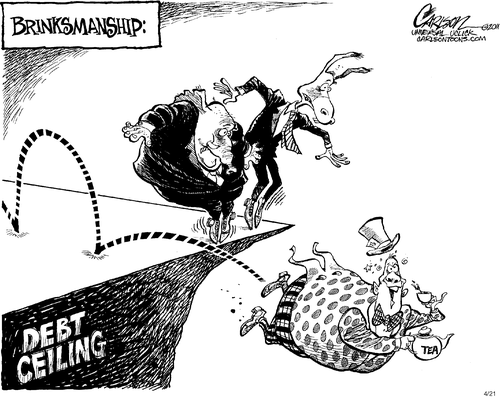Gaius Publius’ account of Michigan State Police downloading the entire contents of your cell phone didn’t exactly escape my attention, but was hardly the focus of my earlier piece (which is that it can happen at all and is happening right now).
Police in Michigan have been, apparently illegally, snooping through the mobile phones of anyone they wish at traffic stops. (Yes, traffic stops.) They have a high-tech snooping device that can download everything in 1.5 minutes, including hidden files. The device can also reportedly defeat password-protection.
There have been subsequent developments.
Sen. Franken calls for investigation of Apple iPhone spying
by Gaius Publius on 4/21/2011 05:49:00 PM
Not all that breathlessly noteworthy in my opinion, what would you expect Al to say (unless he has the common Hollywood Apple blindness)?
On the other hand there are some potentially interesting aspects to this-
MI State Police: We have nothing to hide, that is why we have been stonewalling ACLU for 3 years
by John Aravosis (DC) on 4/21/2011 07:30:00 PM
(T)here are reports that the Michigan State Police are downloading the entire cell phone contents, included deleted records (such as text messages and emails), of people stopped for simply traffic violations. The ACLU, three years ago, filed a FOIA request to determine exactly what the Michigan State Police were up to. The State Police stonewalled, for three years. Now because the news has gone national, suddenly they’re talking, and sent Gaius a statement, published below. But they still haven’t complied with the ACLU’s FOIA request, which would prove whether the Police are violating people’s privacy or not.
Well worth a read.

 On this day in 1978,
On this day in 1978, 
 New York Times Editorial:
New York Times Editorial:
Recent Comments